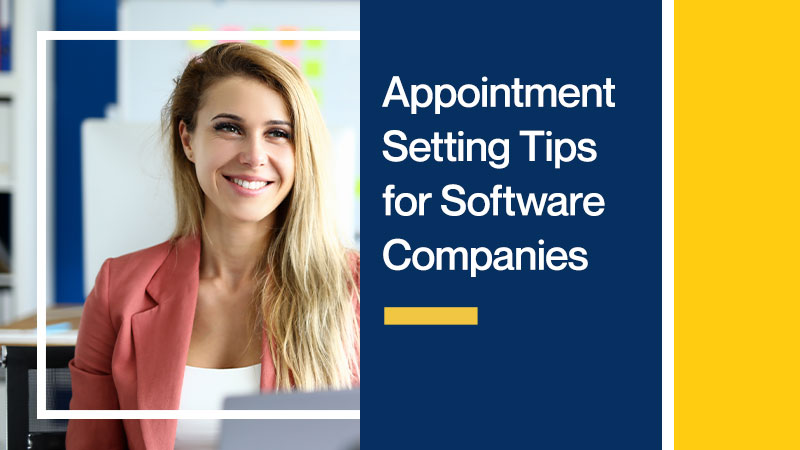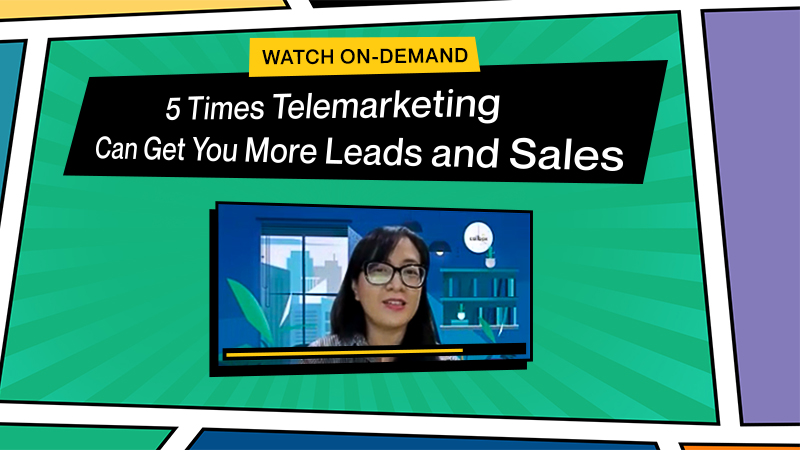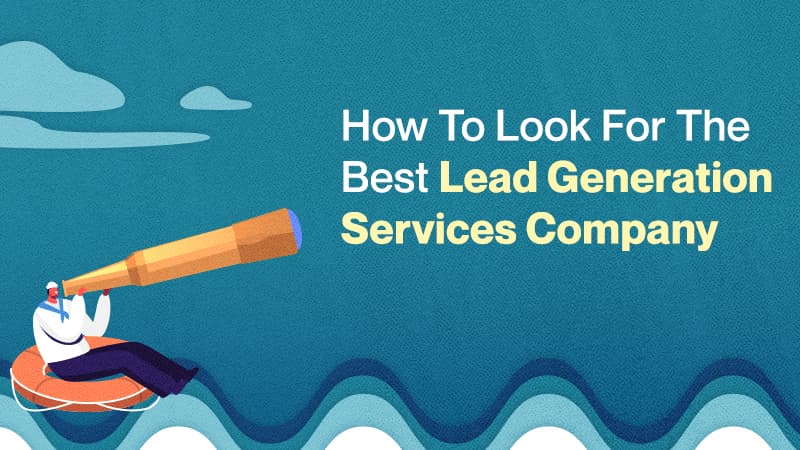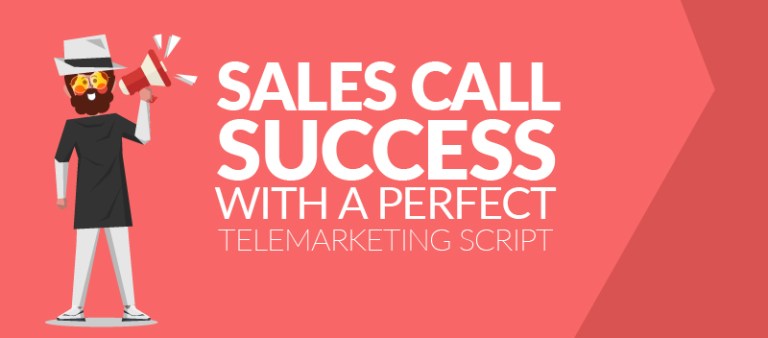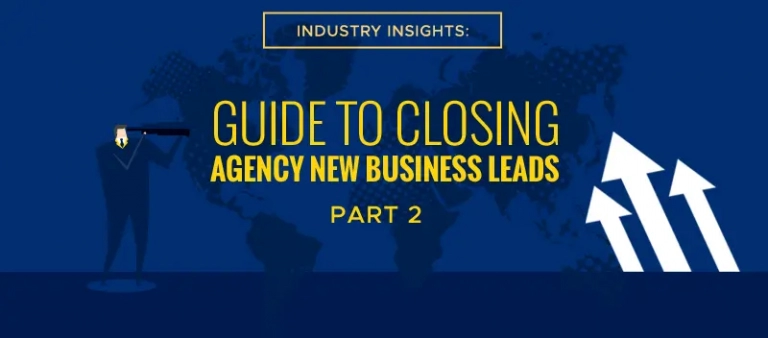The software industry is one of the most competitive and software companies are constantly vying to get the biggest market share. Therefore, if you are part of this industry, you need to have an efficient and relevant lead generation process in order to maintain existing clients as well as attract new ones.
That’s where appointment setting comes in.
If you think that it is just about cold calling someone and perhaps close a sale, you’re wrong. It is the stage where you nurture your lead; thus, what you do during this phase can make or break the deal. On the other hand, if you and your team can nail it, you will be able to build an abundant source for your sales pipeline.
What Does an Effective Appointment Setting Look Like?
Any strategy starts with research. If you want to get the best leads, talk to any contacts, or even close a deal, you need to invest your time first in researching your potential buyers. If you know who you will be talking to, you’ll be able to have an engaging and well-prepared conversation with your prospect.
What’s next after your research? Read on:
Leverage multiple communication channels
Each person/business has their preferred communication channel. Some want to be contacted through email, some want to get on a call, while some through their social media network. Instead of focusing on just one channel, exhaust all of them to have a better chance of getting an appointment from your prospect.
Build a rapport
Although your ultimate goal is to make them into paying customers, avoid hard-selling to your prospects. Don’t appear too eager in booking an appointment. Instead, build trust by genuinely connecting with them by asking thoughtful questions. Know what their concerns and needs are. These questions will also help you see things from their perspective. It will also help you determine whether they are a good fit to what you are offering.
Make it short
Whether you are reaching out to them by phone or email, the rule of the game is to keep it short and simple.
Mike Scher, CEO of Frontline Selling, advises that 20 – 30 minutes is the ideal length of time to explain to your prospect why you are calling. He explained that 10 minutes or less give an impression that what you have to discuss with them is not important.
If you’re sending an email, three to four paragraphs are enough to communicate what your purpose is. Don’t delve into your sales pitch right away. Rather, focus on what they need and show them the advantage of meeting with you.
Always include a call to action
Call to actions isn’t just about telling your prospects to do something. It is also your way of showing them that you are not wasting their time. Not including CTAs is like inviting your guests to your party but you did not tell them where to go and what to do next. That would be a real turn off and you don’t want that to happen.
Effective CTAs are those that offer value to your prospects – something that they cannot say no to. It could be a free trial offer or gated content. You can get a hint by researching what your prospects value.
The Final Touches
Appointment setting is a tedious task but a scheduling tool can streamline the process. Automating it will also prevent you from forgetting what needs to be done. Aside from automation, you can also partner with an appointment setting service. These professionals can help you close new sales and retain your current customers while you focus on other aspects of growing your business,
